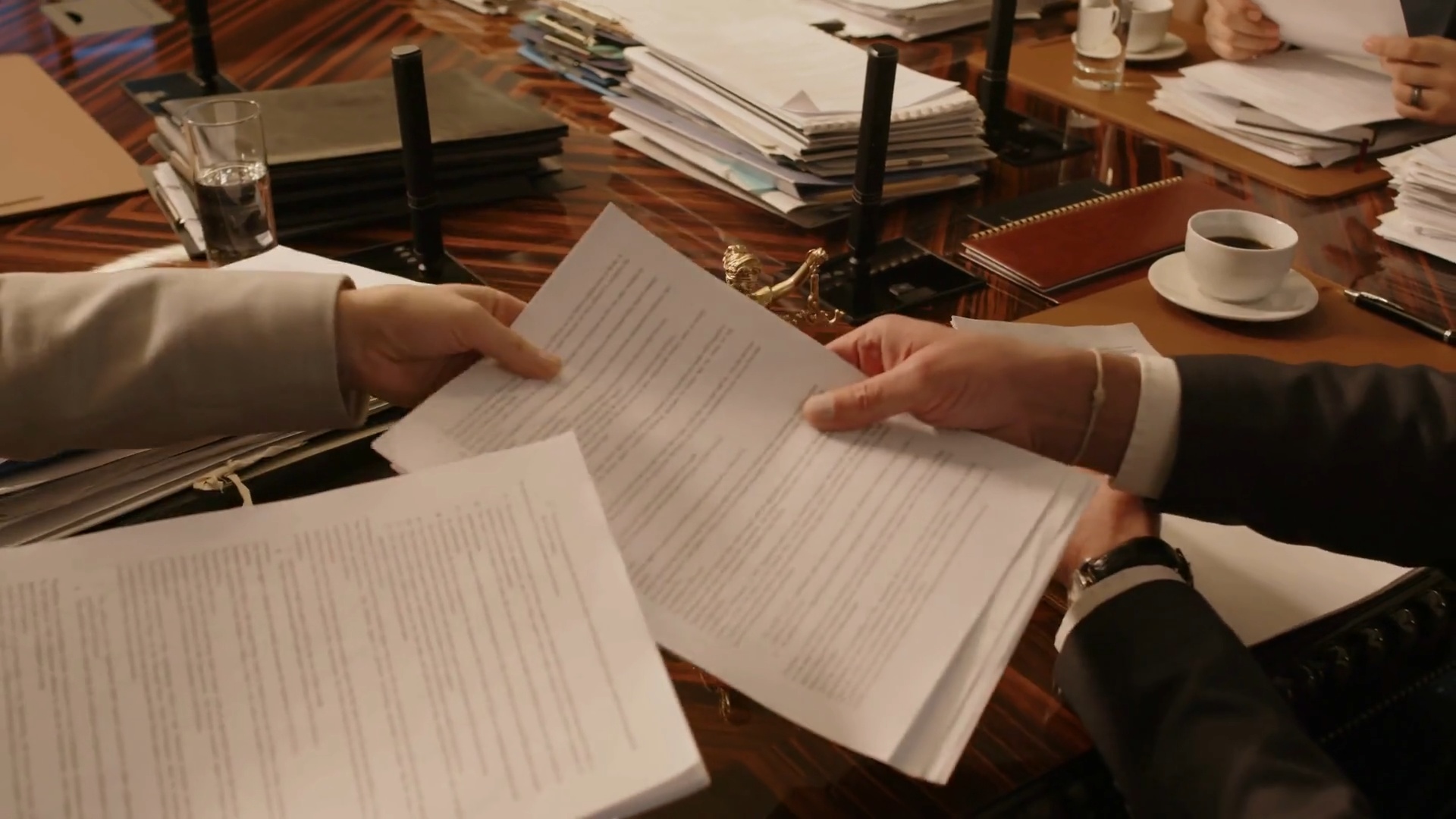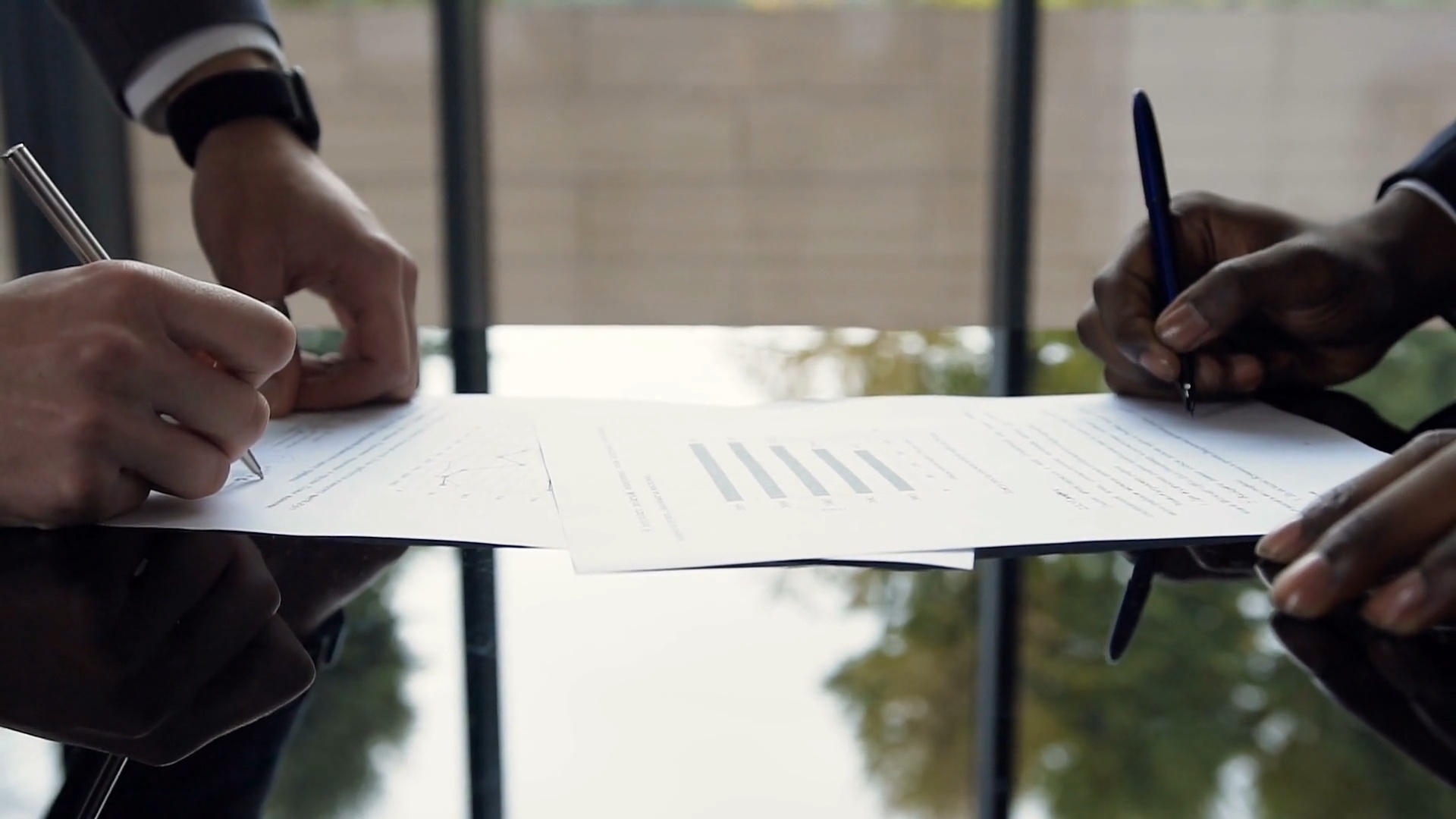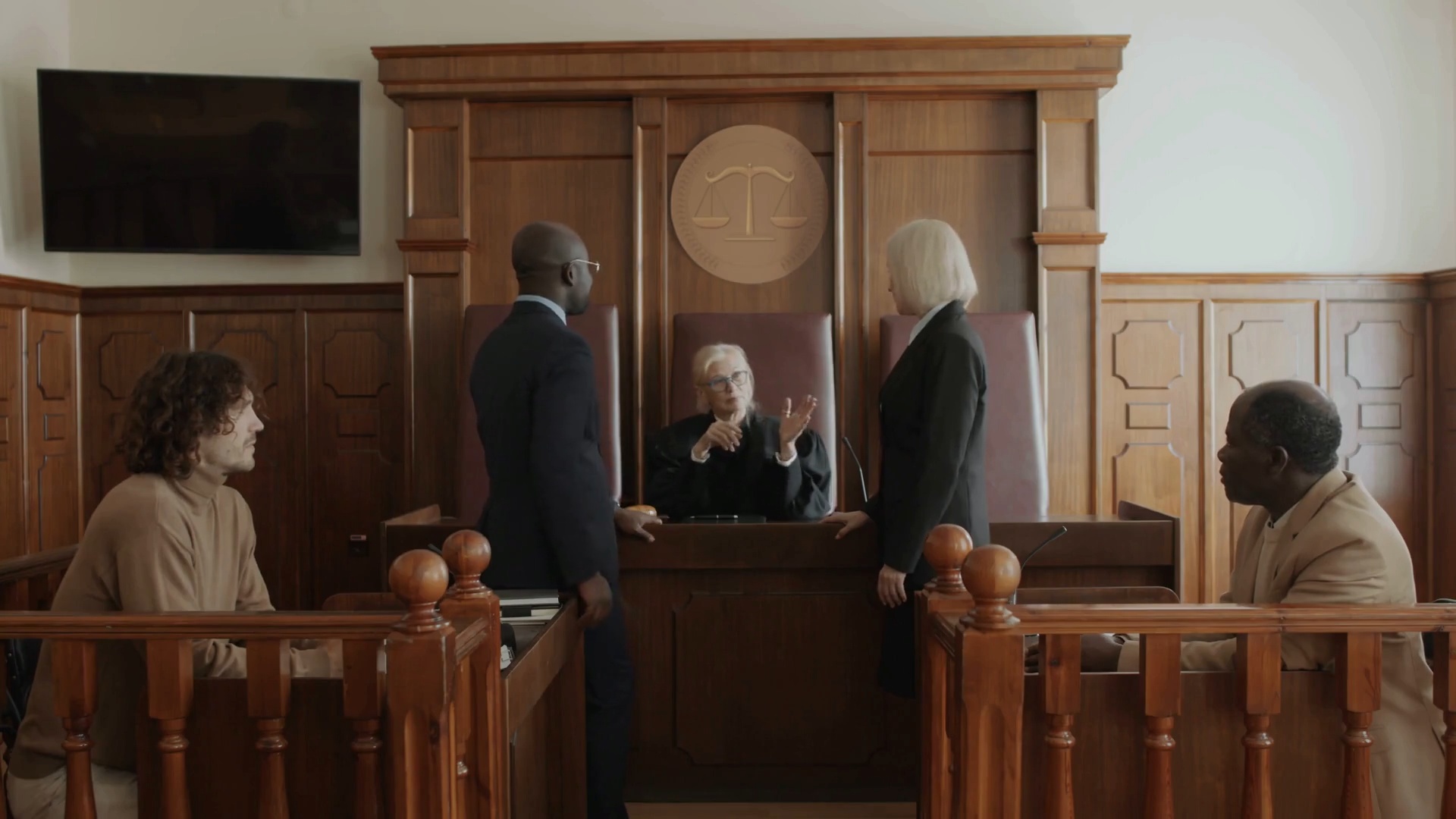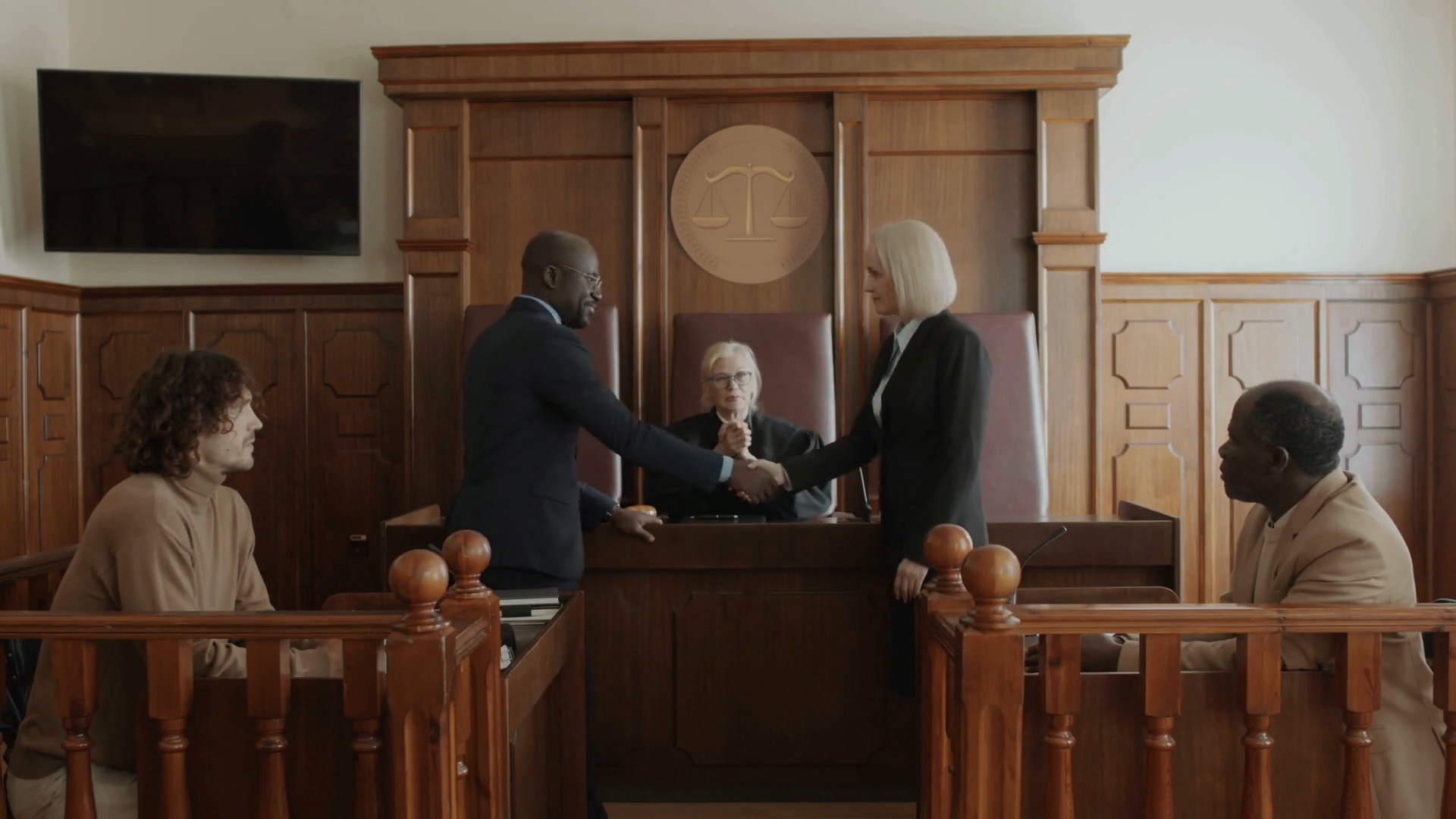If you’ve been unfairly terminated, pursuing a wrongful dismissal case can feel overwhelming without the right guidance.

Lindsay Koruna
At Greenwood Law, we help employees navigate the legal complexities of wrongful dismissal claims, providing insight into each step of the litigation process. Knowing what to expect can help you make informed decisions and protect your rights throughout this challenging journey.
If you decide to pursue a wrongful dismissal claim, the litigation process typically unfolds as follows:
1. Demand Letter
The first step in a wrongful dismissal claim is often a demand letter. Based on the specifics of your case, your lawyer may draft this letter to outline your claims, the circumstances of your termination, and the compensation you are seeking. A demand letter serves as formal notice to your former employer, signaling your intent to pursue legal action if a resolution isn’t reached.

2. Filing a Statement of Claim
If the demand letter does not lead to a resolution, your lawyer will file a Statement of Claim with the Ontario Superior Court of Justice. This document provides a detailed account of your case, including your employment history, the specifics of your dismissal, and the damages you are seeking. Filing a Statement of Claim officially begins the court process for your wrongful dismissal case.

3. Employer’s Response: Statement of Defence
After receiving your Statement of Claim, the employer is required to file a Statement of Defence. This document outlines the employer’s perspective on your termination and presents any arguments against your claim. The Statement of Defence allows the employer to refute the details of your dismissal and defend their decision.

4. Discovery Process
During the discovery phase, both parties exchange relevant documents and information related to the case. This phase may also involve examinations, where witnesses, including you and your employer, are questioned under oath. Discovery is essential for gathering evidence and building a robust case for your wrongful dismissal claim.

5. Mediation
Mediation is a confidential process that allows both parties to negotiate a resolution with the help of a neutral third party, known as a mediator. While typically voluntary, mediation is often recommended to reach a settlement without the need for a trial. In some cases, mediation is mandatory. Greenwood Law supports clients throughout this stage to ensure productive discussions and work toward a fair settlement.

6. Pre-Trial Conferences
If mediation doesn’t resolve the dispute, the court may schedule a pre-trial conference. During this meeting, both parties discuss the case, explore further settlement options, and clarify any outstanding issues with a judge. This step offers another opportunity to reach an agreement before proceeding to trial.

7. Trial
If no settlement is reached, your case will proceed to trial. During the trial, both parties present their evidence and arguments before a judge, who will make a ruling based on the facts and applicable laws. Trials can be lengthy and complex, but Greenwood Law guides clients through each stage to ensure a thorough presentation of their case.

8. Judgment and Potential Appeal
After the trial, the judge will issue a judgment. If you win, the court may award damages to cover lost wages, benefits, and potentially additional losses. If either party is dissatisfied with the outcome, they may appeal the decision to a higher court. However, appeals can significantly add to the time and cost involved.

Conclusion:
Navigating a wrongful dismissal claim can be complex, lengthy, and emotionally taxing. At Greenwood Law, we understand the challenges and are here to provide guidance every step of the way. Understanding the steps involved and knowing your rights is essential for making informed decisions. Remember, you have the right to challenge unfair termination and seek the compensation you deserve.
If you believe you have been wrongfully dismissed, get in touch so we can help you assess your situation and determine the best course of action.




